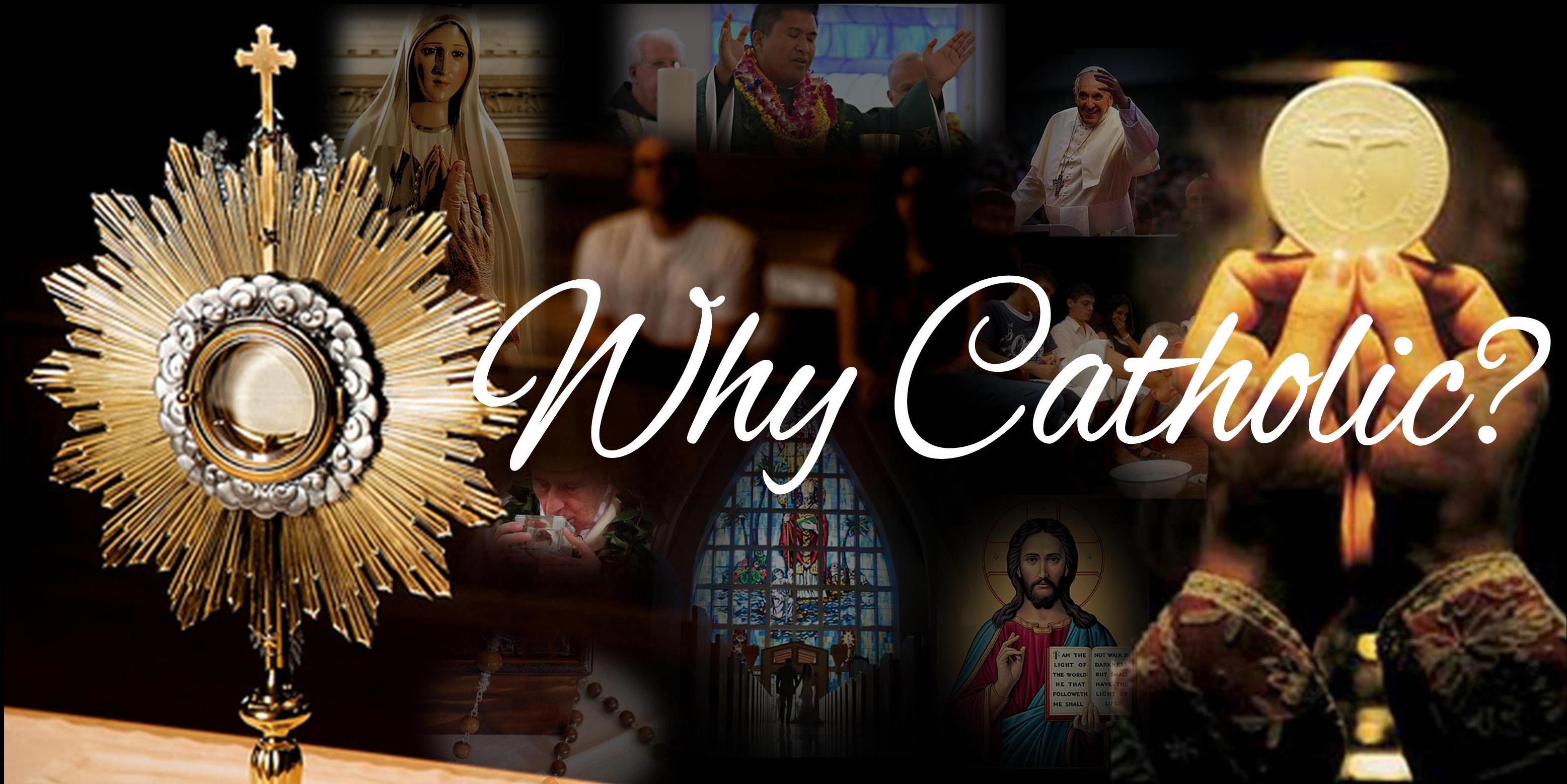Dear Theophilous,
I’ve always been a
little bit on the sappy side. Ever since I was a kid, it hasn’t taken a whole
lot to get me to tear up. At a very young age I learned why they called them tearjerker movies, but I never could
really understand why there were tearjerker
commercials on TV. Even today, if there is the least bit of emotional sentiment
being expressed, I find my eyes begin to well up and I need to choke back the
tears.
As I’ve gotten older,
I have become better at keeping my emotions in check as my surroundings
dictate. I really need to be caught off guard by a film I’m showing in class
for the tears to come (can’t be letting the kids see me cry). If I do feel the
tears starting to come, usually the classroom is dark enough for me to get to
the door and step out into the hallway until I can get things back under
control.
In other words – I
don’t cry in public…
…until one day this
past summer.
During the summer
holidays I like to get to daily Mass at least once a week. The day of the week
changes based on what we’ve got going on, or if I can get myself out of bed in
time; but I do make the effort to get there at least one day through the week.
I like the simplicity of the daily Mass, and I like the quiet. I especially
like the quiet (in particular those moments of silence when music fills the
void on Sundays – not that I mind the music, it’s just sometimes silence is
nice too).
At this one particular
daily Mass in the middle of August, as the 2 dozen or so of us in the
congregation were saying the Confiteor the tears started coming, and there was
no way I could stop them.
The long and the short
of the whole story – I realized what I was saying, and I realized how unworthy
I am of God’s mercy.
Although it has taken
me a while to get up the courage to share this with you, dear Theophilous, I
would like to share the Confiteor with you, and then take you through the
thoughts that stirred so much emotion.
I confess to Almighty God,
and to you, my brothers and
sisters,
that I have greatly sinned,
in my thoughts and in my words,
in what I have done and in what I
have failed to do,
through my fault, through my
fault,
through my most grievous fault;
therefore I ask the blessed Mary
ever-Virgin,
all the Angels and Saints,
and you, my brothers and sisters,
to pray for me to the Lord our
God.
Amen.
So now bit by bit,
couplet by couplet, my reflections on the Confiteor…
I confess to Almighty God,
and to you, my brothers and
sisters,
Confession is nothing
new. My family and I try to make a regular habit of it (though it is admittedly
more irregular than regular). I had been away from the sacrament for some time,
and found it difficult at first, but now I find I get antsy if we haven’t been
in a while.
On this particular
day, at this particular Mass, with these particular words, I began to realize
just how personal my confession is. It’s not just some list to be rattled off
by rote, or a pat “The usual” or “The same as last time”. This time I was
acutely aware of the reality of my sins and that they hurt my relationship with
God. I also became more conscious of the fact that the Father already knows my
sins, and that I He would be more merciful if I came clean and repented myself.
This time I was also
struck that I was confessing to the whole congregation – my brothers and
sisters. Not only did my sins affect my relationship with God, but with the
entire Body of Christ – the Church. It felt weird at first to be confessing to
others in the congregation, but then I was comforted by the words of St. James’
letter: Therefore confess your sins to
one another, and pray for one another, that you may be healed. (James 5:16)
It brought me solace to know that no matter how great of a sinner any of us
are, we’re in this together. That we are the Body of Christ, and that when one
part of the body is ill, the rest of the body pulls together to heal itself.
that I have greatly sinned,
in my thoughts and in my words,
in what I have done and in what I
have failed to do,
Even on the days when
I’m just rattling through the Confiteor, these lines act like a mini
examination of conscience for me. My mind starts racing and I can never seem to
get through the list before we’ve moved on to the next couplet.
This, however, was
really the moment when I realized the seriousness of what I was saying. The
moment when the tears started coming.
This time I stopped,
though. I slowed down and listened to what I was saying… I have greatly sinned.
There should be no trivializing of my sin. No rushing through the list to make
sure I didn’t miss anything. If my sins are great enough to list, then they are
great enough to have offended God. Although there is a difference between
venial and mortal sin, all sin offends God. All sin drives a wedge between
ourselves and the Father who loves us. All sin is great in its harm.
So then I
dug deep. I recalled not only my sins of action, but also the thoughts that had
germinated those sins. I also recalled the thoughts that started me on the road
toward sin, but through the grace of God I was able to catch before they came
to fruition; thoughts that are still sin as Christ taught us. (cf Mt 5:28)
And then
there is the kicker: in
what I have done and in what I have failed to do. Not only to I need to recall all of my sins,
but I also need to remember when I should have done something but I didn’t. How
many times had I passed the homeless on the street, turned a blind eye to
someone who needed help, shirked away instead of defending the Church.
I have sinned… lots… and I have sinned greatly… and I just at that moment
realized what that meant to my relationship with God and others.
And matters were only
getting worse (and the tears copious) as I knew that this sinning was…
through my fault, through my
fault,
through my most grievous fault;
I had
nowhere to hide; no one to blame it all on. These sins are mine and mine alone.
I knew what I was doing (but maybe pretended I didn’t). I had made the
conscious decision. It’s always a humbling experience to admit it… but these
sins were my own fault and nobody
else’s.
I wanted to
do more than pound my chest. I wanted to wail and rend my garments. I was
devastated. My sins felt greater than me, that I could not overcome them to
receive God’s mercy.
Thank
goodness we have friends greater than this world to help us through…
therefore I ask the blessed Mary
ever-Virgin,
all the Angels and Saints,
A sense of
calm began to wash over me. I could ask for help. All those who are close to
the Lord would pray for me: Mary, His Mother; the Angels who surround, serve
and worship the Lord; and the Saints, those humans who would tell you that they
were the greatest sinners. They would all be praying for me, as well as for
you.
With the
list of sins that had just flashed through my mind, I needed all the help I
could get; and the closer the help was to God, the better.
and you, my brothers and sisters,
to pray for me to the Lord our
God.
And yes, I
knew I had to pray for all of my brothers and sisters in Christ, because I sure
knew that I needed their prayers. Just like St. James exhorted us to do, we
needed to pray for one another for healing. The journey through life is too
arduous to do it alone, we need one another’s help. When one of us falls, the
others need to pick them up through prayer and spiritual guidance.
Reinforced with the knowledge that I had all of that prayer behind me, the
tears subsided and the sniffling stopped. As we moved into the liturgy of the
word, my mind and heart felt like fertile ground for the seed of God’s wisdom.
And the Eucharist, my heart itself was moved to a warmth that spread through my
whole body.
Although
I’ve never said the Confiteor by rote since; always aware of what I’m saying,
aware of the damage my sins have done; I’ve never been so acutely aware of my
sins and God’s bountiful mercy for those who seek it, as I was on that August
morning in a quiet suburban church.





